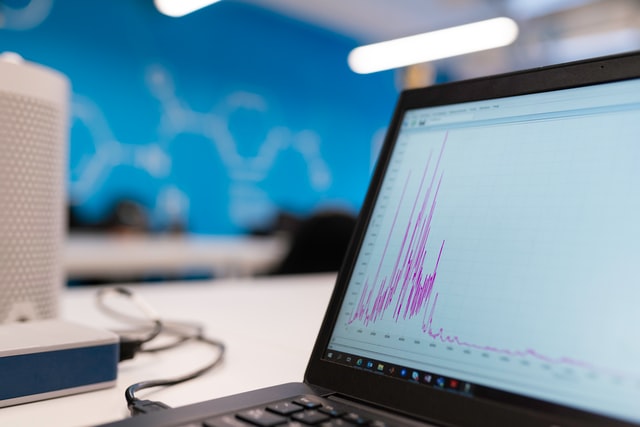I’m sure by now you’ve heard the term data scientists. There are tons of videos on becoming a data scientist and what a day in the life of a data scientist looks like. However there is another career that is often overlooked, the data analyst. In this post we’re going to break down the differences between a data scientist and a data analyst.
At a high level a data scientist and a data analyst can be broken down into two main differences, technical acumen and the focus of the role on the technical acumen side. On the ‘How to get an Analytics Job’ podcast we have seen analysts transition from jobs in marketing and supply chain into analyst roles in as little as two to four months. This is not as typical for people transitioning into data scientist roles. Data scientists often study for years to get their first data science role and often have degrees in data science related fields. A common career path is to get a data analyst role and then transition into data science. For example, at silvertone analytics we have a data scientist that consulted for us and he had done a two-year master’s program in applied mathematics. In this case he got a master’s degree before he even started working in analytics. On the other hand you could very easily combine an acumen of sales or manufacturing with learning how to create data visualizations using tools like Power BI or tableau and very quickly make the transition into an analyst role.
The second difference between data scientists and data analysts is where they focus their energy and efforts in a role. Data analysts and business analysts usually focus on business needs. They need to understand the KPIs and the goals of the organization and have an overall understanding of the business side. On the other hand data scientists can tackle more technical issues so they might figure out what’s wrong with a specific product and they might pull from multiple different data sources and apply some coding to do their job. Coding is a requirement for a majority of data science roles and it is often the caching point for a lot of people because learning how to code is like learning a new language. It can take months and years to become a good coder in any language and most data scientists have to know more than one language of code. If you are not interested in spending months and years learning to code and are leaning more into the business side of analytics you should really think about becoming a business analyst. It’s a great opportunity a lot of people overlook and there is a high demand for good data and business analysts.
